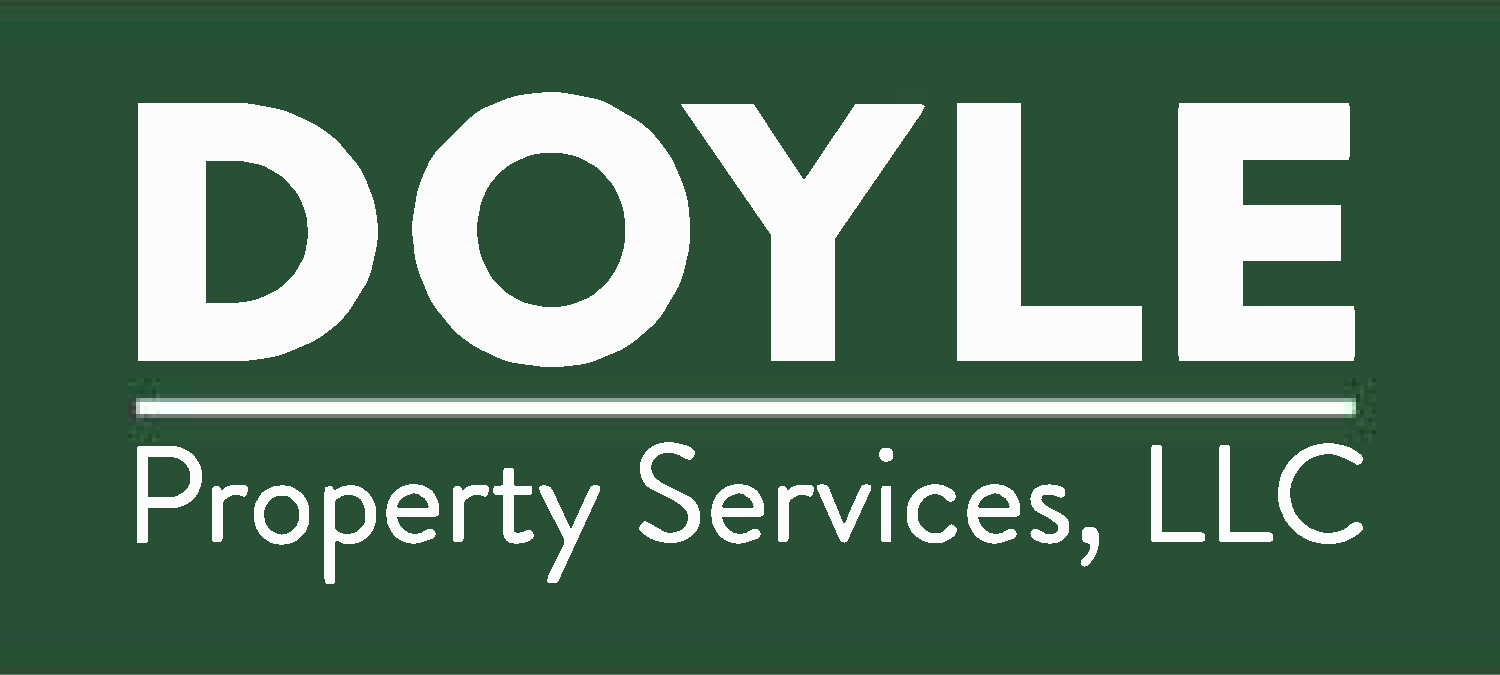Flooring
Trusted Commercial Flooring Specialists
When it comes to commercial properties, flooring is a fundamental part of the building’s performance, safety, and long-term value. More than a visual finish, it must withstand constant use, meet strict regulatory requirements, and support the daily operations of the space.
Our team specialises exclusively in commercial flooring, delivering expertly installed solutions that are carefully specified to meet performance, safety, and compliance standards across all sectors.
With proven experience working on a wide range of commercial environments, we understand the unique challenges posed by high-traffic and operationally demanding spaces. From durability and maintenance requirements to aesthetics and acoustic performance, we take a considered approach to every project.
The result is flooring that not only performs under pressure but also enhances the functionality, appearance, and professionalism of the finished space.

Durable. Compliant. Professionally Installed.
We deliver high-quality commercial flooring solutions designed for heavy use, tight timelines, and long-term value. From offices and retail spaces to industrial and public environments, we install flooring that works as hard as your business does.
Our Commercial Flooring Services
We supply and install a full range of commercial flooring solutions, tailored to your space and usage requirements:
-
Carpet Tiles & Broadloom – Practical, acoustic, and cost-effective
-
Luxury Vinyl Tile (LVT) – Durable, modern, and low maintenance
-
Vinyl & Safety Flooring – Slip-resistant solutions for compliance-critical areas
-
Polished Concrete & Resin Flooring – Hard-wearing industrial finishes
-
Subfloor Preparation & Screeding – Ensuring longevity and performance
-
Flooring Removal & Refurbishment – Efficient upgrades for existing spaces
All installations are completed by trained professionals with strict quality control.
Industries We Work With
We provide flooring solutions for a wide range of commercial and public sectors, including:
-
Office & Corporate Buildings
-
Retail & Shopping Centres
-
Industrial & Warehousing
-
Healthcare & Medical Facilities
-
Education & Public Sector
-
Hospitality & Leisure
-
Property Management & Fit-Out Contractors
No matter the sector, we deliver flooring that meets operational, aesthetic, and regulatory requirements.
